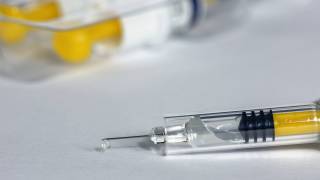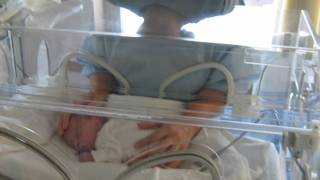Japan’s Rubella Outbreak Reaches 2,186 Cases

Japan’s National Insitute of Infectious Diseases (NIID) reported 2,186 cases of rubella on November 21, 2018.
This is a significant increase from the 1,103 rubella cases reported on October 7, 2018.
Moreover, the city of Tokyo has confirmed the most rubella cases (763) during the 2018 outbreak.
Rubella, also called German measles, is a virus spread by the coughs and sneezes of infected people.
In response to this outbreak, the US Centers for Disease Control and Prevention (CDC) issued a Travel Alert for American visitors to Japan on October 22, 2018.
This Travel Alert is important to the 3 million annual visitors to Japan.
This Level 2, Practice Enhanced Precautions alert said ‘Rubella is very dangerous for a pregnant woman and her developing baby.’
The CDC identified 3 issues pregnant women should be aware:
- If a pregnant woman gets the rubella virus, her baby could have birth defects such as deafness, cataracts, heart defects, mental disabilities, and organ damage,
- When rubella infection occurs early during pregnancy, serious consequences—such as miscarriages, stillbirths, and severe birth defects, congenital rubella syndrome can result, and
- Women who are already pregnant cannot be inoculated with the MMR vaccine, as it may have a negative impact on the child.
Additionally, the CDC says women should receive a rubella vaccination 1 month before they become pregnant. And, all of their family members should also be immunized against rubella.
In the USA, there are 2 approved rubella vaccines, MMR-II and ProQuad.
American travelers to Japan can request a MMR vaccine appointment with a pharmacy at Vax-Before-Travel.
The CDC Vaccine Price List provides the private sector vaccine prices for general information.
And, MMR vaccine discounts can be found here.
Vaccines, like any medicine, can have side effects. You are encouraged to report negative side effects of vaccines to the FDA or CDC.
Our Trust Standards: Medical Advisory Committee


























